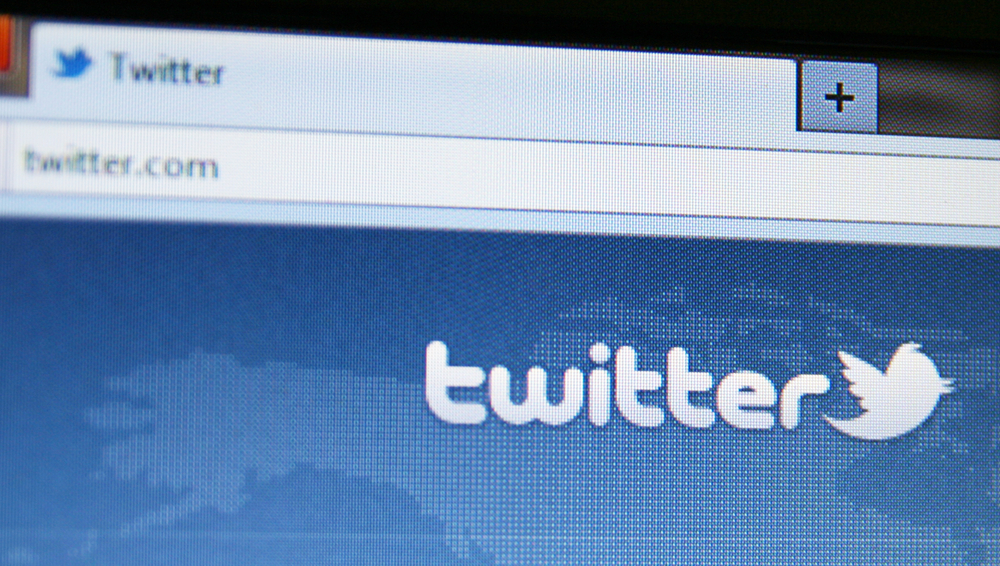![]()
I just finished Jon Ronson’s book So You’ve Been Publicly Shamed (ISBN# 978-0-698-17252-4). The book is about a year old but holds a lot of truths and lessons still true today, especially now during an election year.
He highlighted professional people making huge mistakes like an author plagiarizing and public figures caught in compromising actions. He also addresses normal everyday people caught up in a storm of ‘shamers’. They thought their actions, in this case posts on social media, were innocent or at least funny but the masses did not see it that way. They were annihilated on social media; one on Twitter and the other on Facebook. I am not going to recount their transgressions, since they deserve to have their lives back.
What struck me was not just that their actions may not have been well thought out, but how quickly the comments went from damning the action to damning the person. We’ve seen it in this political cycle as well where no one is safe from ridicule and character attacks for expressing an opinion.
I am not attacking social media sites — they are great. They did not create the shaming of people, they created a place for people to share their lives. With that sharing, and some might say oversharing, people open themselves up to ridicule. These sites give people a forum to attack others.
I am not innocent in this. Most recently, a friend posted on Facebook a video of a mother parked in a handicapped stall at her child’s school. It was not so much the act that riled people up. It was her belligerent and profanity-laced response to being videotaped. I had several comments for the woman but after reading Ronson’s book, I just commented that I felt bad for the young girl in the video. She was caught between the mother and the person making the recording. When I am completely reformed, I will be able to avoid commenting at all.
As public employees, we may find ourselves in the public eye even when our jobs are behind the scenes. Like it or not, we are held to a higher standard than the general public. We have more to lose if we make a mistake on social media.
So how do we avoid being ‘shamed’ or ‘shaming’ someone else? Some tips:
- Think before you post. We know enough to avoid posting on social media anything related to our jobs… right?! But we also need to think about how what we post reflects back on us and would we stand behind the post. My mom used to say avoid anything that puts you on the front page of the paper. I think this advice holds up for what we post as well. If you think it might be misinterpreted, you are probably right. Err on leaving it off social media.
- Think before you share or comment. You may be outraged by an action or someone’s words but it is never a good idea to react in anger. In the heat of the moment, your visceral response may not be the best one.
- Think about your response. If you really cannot let a post exist without your input, then take a moment to think about your response. Avoid attacking the person and instead attack the actions. Please, please, please, refrain from suggesting a violent act befall the person. We’ve all seen the horrible responses where someone wishes bodily harm or even death on another person.
- Think of your worst day. Now imagine it is caught on video and posted for the masses to comment and share. Is that action an actual reflection of you? Is that is who you are 95 percent of the time? If it is then I guess you deserve to be vilified by strangers for your actions. If it is not, think about the person behind the video or the comment. We cannot know what goes on in a person’s mind or what situation they are facing in that moment.
When all else fails, keep your social media sites set to the most private settings possible. You can still express your views but to a much friendlier crowd. Your friends may be offended but hopefully will tell you to your face and avoid the slaughter on a public forum. Also, remember the Library of Congress is cataloguing all tweets. They do not die with a 24-hour news cycle.
Jennifer Dreibelbis is part of the GovLoop Featured Blogger program, where we feature blog posts by government voices from all across the country (and world!). To see more Featured Blogger posts, click here.





Thank you for these helpful reminders! It always seems easier to post things online that we wouldn’t say or do in person, but simple manners can go a long way.
These are great tips to remember for social media! I completely agree that you see so much shaming on social media sites that you would never do in person, but putting yourself in their shoes can change your whole outlook on the situation. Thanks for sharing!